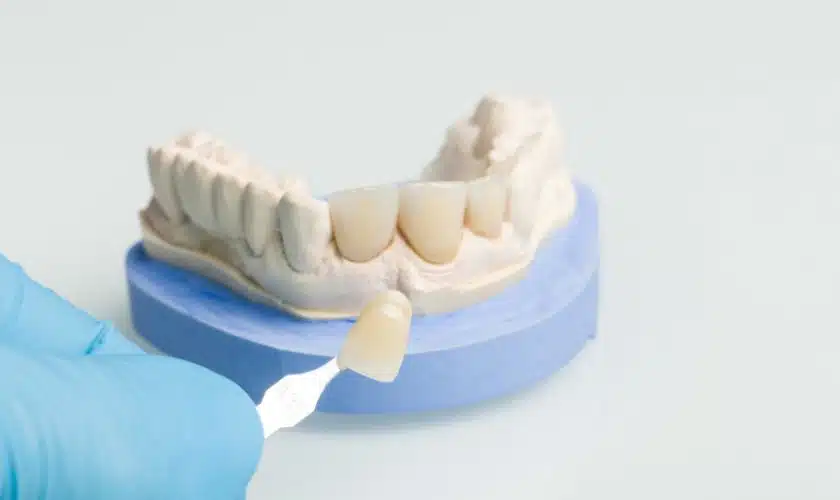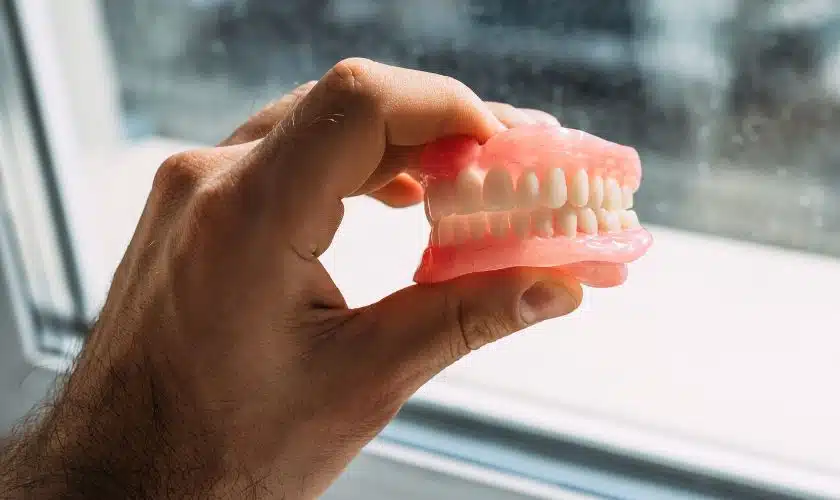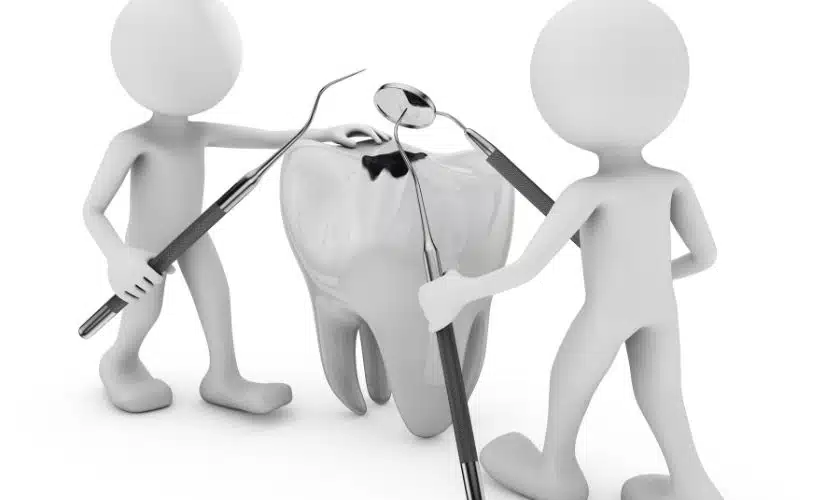
Affordable Options for Dental Crown Procedures
Maintaining good oral health is essential for overall well-being, and dental crowns play a crucial role in preserving and restoring damaged teeth. However, the cost of dental crown procedures can be a concern for many individuals. In this blog, we will explore various affordable options for dental crown procedures, ensuring that oral health remains accessible to a broader population.
Understanding Dental Crowns
Dental crowns are prosthetic devices placed over damaged or decayed teeth to restore their shape, size, and strength, and improve their appearance. They can be made from various materials, including porcelain, metal, or a combination of both.
Traditional Dental Insurance
One of the conventional ways individuals cover dental expenses, including crown procedures, is through dental insurance. Traditional dental insurance plans typically cover a percentage of the treatment cost, with the patient responsible for the remaining amount. While insurance can provide financial assistance, it’s crucial to be aware of coverage limitations, waiting periods, and exclusions.
Tips for Maximizing Dental Insurance Benefits:
- Regular Check-ups: Schedule regular dental check-ups to identify potential issues early, reducing the need for extensive treatments.
- Understand Coverage: Familiarize yourself with the specifics of your dental insurance policy, including coverage percentages and any exclusions related to crown procedures.
Dental Discount Plans
Dental discount plans are an alternative to traditional insurance and can be a cost-effective option for those seeking affordable dental care, including crown procedures. These plans involve a membership fee, and members gain access to discounted rates from participating dentists.
Advantages of Dental Discount Plans:
- No Waiting Periods: Unlike some insurance plans, dental discount plans often have no waiting periods, allowing members to access discounted rates immediately.
- No Annual Limits: Dental discount plans typically do not impose annual spending limits, providing flexibility for those in need of extensive dental work.
Dental Schools and Clinics
Another cost-effective option for dental crown procedures is seeking treatment at dental schools or clinics associated with dental education programs. Dental students, under the supervision of experienced faculty, often provide services at significantly reduced rates.
Benefits of Dental Schools and Clinics:
- Affordable Pricing: Treatment costs at dental schools are generally lower as they aim to provide practical experience to students.
- Supervised Care: While students perform the procedures, they are closely supervised by licensed dental professionals, ensuring quality care.
Government Assistance Programs
Several government assistance programs and non-profit organizations aim to make dental care accessible to low-income individuals. These programs may provide financial assistance or low-cost dental services, including crown procedures.
Examples of Government Assistance Programs:
- Medicaid: In the United States, Medicaid offers dental coverage for eligible low-income individuals, including coverage for necessary dental procedures like crown placement.
- Community Health Centers: Federally funded community health centers often provide dental services on a sliding fee scale, making them more affordable for individuals with limited financial resources.
Flexible Spending Accounts (FSAs) and Health Savings Accounts (HSAs)
FSAs and HSAs are financial tools that allow individuals to set aside pre-tax dollars for qualified medical expenses, including dental treatments. Utilizing these accounts can provide a tax advantage and help offset the cost of dental crown procedures.
Tips for Using FSAs and HSAs:
- Plan: Estimate your dental expenses for the year and contribute an appropriate amount to your FSA or HSA.
- Understand Eligibility: Ensure that dental crown procedures qualify as eligible expenses under the terms of your FSA or HSA.
Dental Tourism
For individuals comfortable with travel, dental tourism is an option worth considering. Many countries offer high-quality dental care at a fraction of the cost in more developed nations. This includes dental crown procedures performed by skilled professionals in well-equipped facilities.
Considerations for Dental Tourism:
- Research Clinics: Thoroughly research and choose reputable dental clinics with positive reviews and experienced professionals.
- Travel Costs: While the dental procedure may be more affordable, factor in travel and accommodation expenses when considering dental tourism.
Conclusion
Maintaining oral health through dental crown procedures should not be a financial burden. By exploring various affordable options, individuals can access the necessary dental care without compromising their budgets. Whether through insurance, discount plans, educational institutions, government assistance, or innovative financial tools, there are viable solutions to make dental crowns more accessible to everyone. Prioritizing oral health contributes not only to a beautiful smile but also to overall well-being and confidence in daily life.




